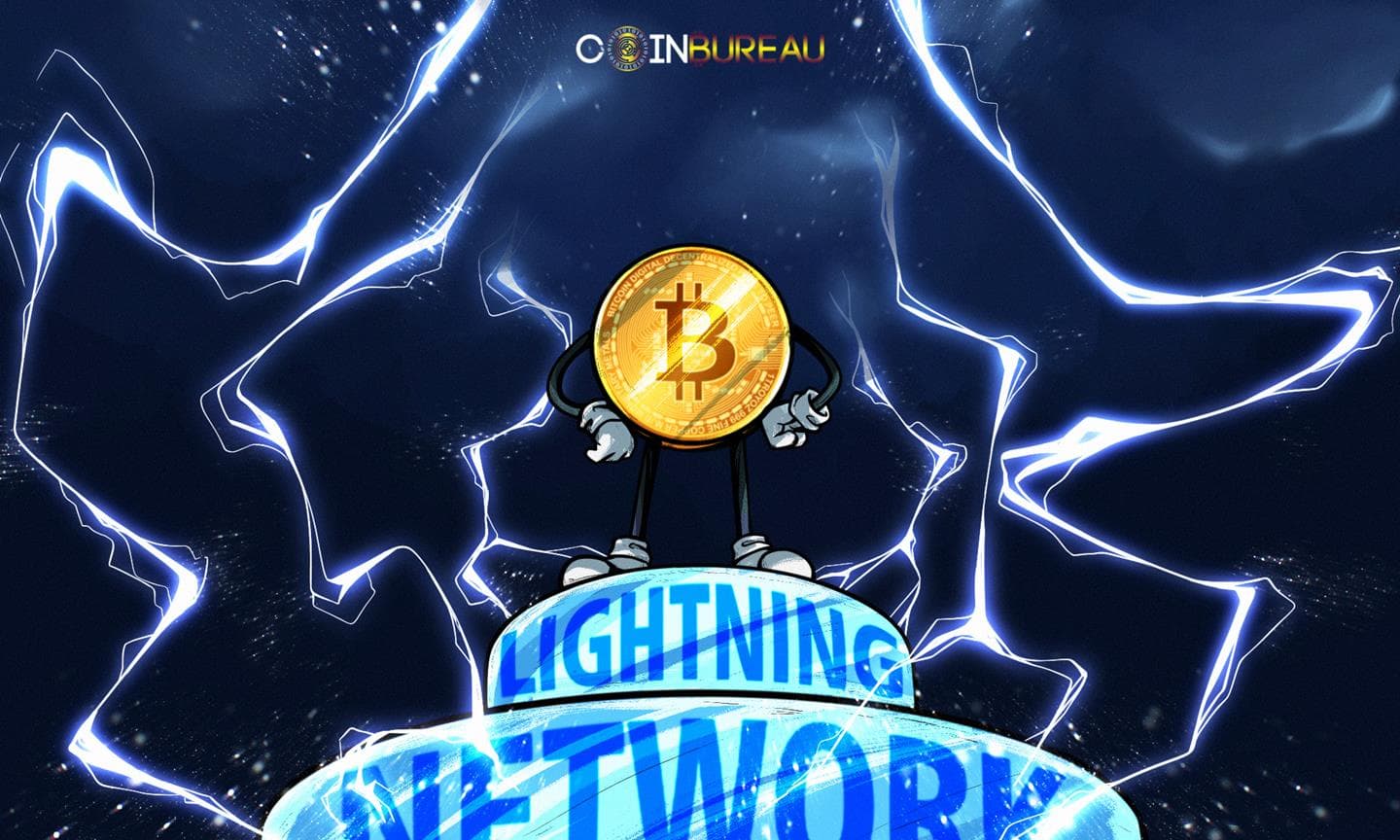The Lightning Network will be a crucial addition to the bitcoin and cryptocurrency ecosystem. It could potentially alter the entire crypto economy. This is because Lightning Network will theoretically allow for nearly free and instant transactions on the bitcoin network.
Today, transactions are plagued with extremely expensive transaction fees and incredibly long confirmation times. The Lightning Network could potentially resolve all of that in an instant.
Changing everything in a (lightning) flash
In addition to changing bitcoin, it is possible that other cryptocurrencies that rely on low transaction costs and quick confirmation times as their main selling point could suffer. For example, Bitcoin Cash was created largely as a response to the issues the bitcoin network suffers from.
If bitcoin is able to overcome all of these problems overnight, then the future of Bitcoin Cash would not be quite as straightforward as it is today. The same could also be said for competing cryptocurrencies like Litecoin, among others.
While the Lightning Network is designed to operate primarily on bitcoin, a similar use of the same technology called plasma is being developed for use with Ethereum.
While network fees and times are significantly lower for Ethereum than bitcoin, they are still rapidly rising and are quickly approaching the $1 range during peak times. The same can also be said for ERC-20 tokens and their related fees.
The Lightning Network test net has gone live and is currently processing test transactions at incredibly high speeds. There are currently several live test websites that represent online stores. These allow testers to run test transactions and purchases.
Anyone interested can set up their own Lightning Network test node and see the technology for themselves.
How does the Lightning Network operate?
 Individual Off-chain Payment Channels
Individual Off-chain Payment ChannelsThe problem with bitcoin transactions today is that each transaction needs to be put directly onto the blockchain. This is what's called an on-chain transaction.
The result is that each transaction must pay the full fee individually in order to be processed by a miner. As the popularity of the bitcoin network grows, these fees have been growing with them.
The technology behind the Lightning Network will allow for the use of smart contracts in order to establish payment channels. Payment channels will allow transactions to confirm instantly and only be placed on the blockchain once a certain number of transactions can be combined together.
To visualize this, think of 100 people getting onto a subway car instead of 100 people getting into 100 personal cars. The result, of course, is that the 100 people on the subway car require far less energy to travel than the 100 individual private cars.
Today, it's difficult to estimate what a Lightning Network transaction will cost but it's safe to say that the fee will likely be less than one cent, and may even be significantly cheaper than that someday.
Streaming money in the future of payments
Famous bitcoin evangelist Andreas Antonopoulos often mentions a concept he calls streaming money. The idea of streaming money is that instead of making lump-sum payments for various services, it may one day be possible to pay for services, per minute or even per second.
For example, if you were to hire a taxi, entering the taxi could trigger a smart contract that would pay the taxi driver every 10 seconds that you were in the car. Each transaction could be for mere fractions of a penny. Once the ride is over, the smart contract would close and the payment would finalize.
With streaming money, it may be possible for employees to get paid daily or even more often, instead of needing to wait for two weeks or a month to get paid. This could unlock an entire world of financial opportunities and freedom of spending.
The fate of alternate blockchains
 Lightning Network's Impact Altcoin Market
Lightning Network's Impact Altcoin MarketToday, if you want to send someone a payment in cryptocurrency, it is significantly cheaper to use an alternative to bitcoin such as Bitcoin Cash, Litecoin, or Ethereum. This is because these blockchains were designed so that their transaction fees are much lower, and their transaction times are often much faster.
But if the Lightning Network is able to completely resolve all issues related to fees and transaction times for bitcoin, which is arguably the most valued and recognized cryptocurrency, will this mean the end of a wide swath of altcoins?
While it's difficult to say exactly, it's safe to say that it's unlikely that just the Lightning Network would be able to eradicate or significantly damage alternate blockchains when they are already so popular and have thousands of supporters.
Just check out the various forums and Twitter posts of the supporters of Litecoin and Bitcoin Cash and you will see that there is a lot more going on here than simply lower transaction fees and faster transaction times.
But for those who only use these altcoins for the purpose of transactions, they may instead simply stick to bitcoin once the Lightning Network is fully up and running. Further, it could take years until the Lightning Network is fully adopted across a wide spectrum of services.
Not only will Lightning take some time to set up, but many other popular blockchain are implementing their own fixes for the future. For example, Ethereum has plasma and blockchain sharding, Dash has its ever-evolving masternode system, and it is quite likely that other popular altcoins like Litecoin and Bitcoin Cash could be included in the Lightning Network as well.
So what's the point of all this?
The point is, once the Lightning Network goes live, everyone stands to benefit greatly, and we will all be one step closer to widespread adoption across the world.



